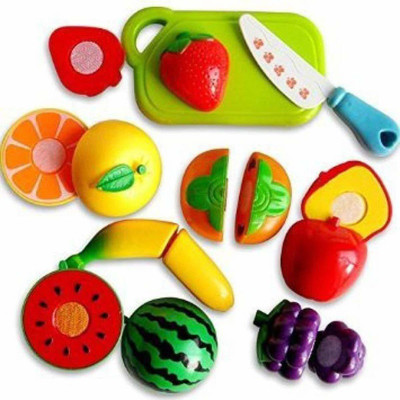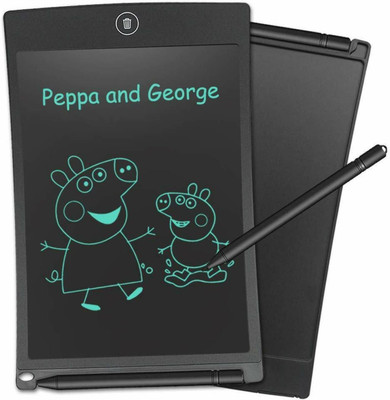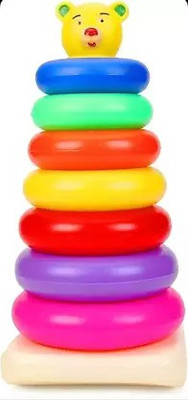
Get notified when this item comes back in stock.
Crackles 35 Pcs Chhota Bheem Beach & Flying Carpet Jigsaw Puzzles for Kids|Pack of 2|8x11 (35 Pieces)
Share
Crackles 35 Pcs Chhota Bheem Beach & Flying Carpet Jigsaw Puzzles for Kids|Pack of 2|8x11 (35 Pieces)
Be the first to Review this product
₹299
₹450
33% off
Sold Out
This item is currently out of stock
Highlights
- Material: Cardboard
- Age: 10+ Years
- Skillset: Attention Span Building, Color & Shape Recognition, Creativity & Imagination, Object Recognition, Memory Building
Seller
Description
Solving Puzzles improves Hand Eye Co ordination in young Kids which is important in Early Child Development. Doing puzzles can be considered a complete brain exercise since it exercises both the right and left sides. The right is in charge of creativity, emotions and intuitive thinking; and the left is the logical, objective and methodical side. This activity will help develop hand-eye coordination, problem-solving skills, fine motor skills, pattern recognition, spatial awareness, and communication if done with multiple people. Although it does not seem like physical exercise, making a puzzle requires motor coordination and controlled use of the hand, which leads to the development of the "fine gripper" (taking a small thing between the thumb and forefinger of the hand). Playing jigsaw puzzles can keep kids busy and get them off electronics. It keeps their attention and they have to think about what they're piecing together. Good for their hand-eye coordination, constructive thinking and fine motor skills. Help your kids to be more curious,inspire them to discover what’s the world. Let parents spend more time in accompanying children and don’t miss the growing time to build joyful family time. They also teach patience, self-confidence, and self-control. Making a puzzle takes time and effort. When finishing a puzzle we feel admiration and recognition for achieving it, especially in children.
Read More
Specifications
In The Box
|
Puzzle Features
| Type |
|
| Ideal for |
|
| Minimum Age |
|
| Character |
|
| Material |
|
Power Features
| Battery Type |
|
Additional Features
| Battery Operated |
|
Product Dimensions
| Product Width |
|
| Product Height |
|
| Product Weight |
|
Box Dimensions
| Width |
|
| Height |
|
| Weight |
|
Important Note
|
Have doubts regarding this product?
Safe and Secure Payments.Easy returns.100% Authentic products.
Back to top









